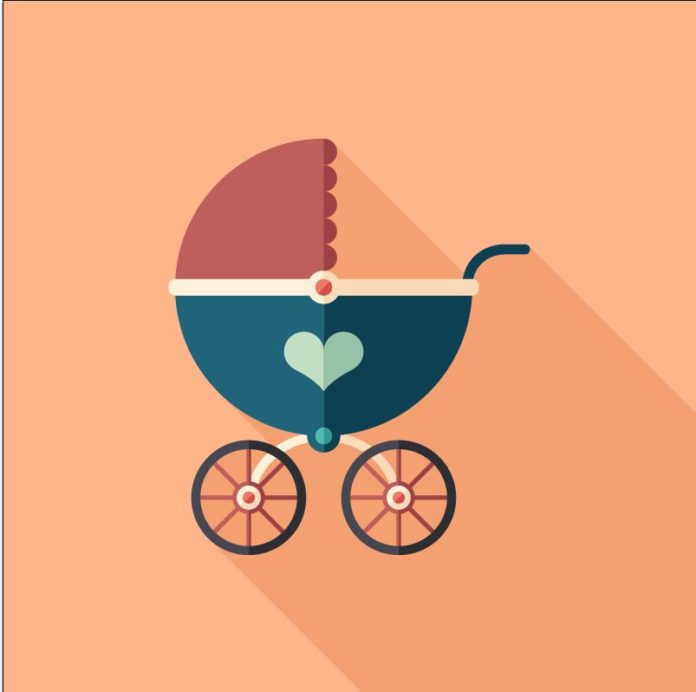Like most people, my husband and I envisioned our lives following a typical path: marriage and then children. Of course, we knew about friends of friends, distant relatives and others for whom things had turned out differently. But for some reason, we didn’t think it was cause for concern.
Right after our wedding in London we moved to Israel, where my husband was learning in kollel. Even though we’d only been married a couple of months I was very disappointed that I wasn’t pregnant. Perhaps I had a sixth sense of the troubles to come.
As the months turned into years and I still wasn’t pregnant, my mood plummeted lower and lower. My husband, Moishe, would try to comfort me by telling me about couples who had been married a lot longer than we were and went on to have large families. But the years of waiting and hoping followed by dashed dreams and tears—not to mention wondering why everyone had been blessed except us—felt like an eternity. As more time passed, Moishe’s words began to ring hollow. They couldn’t heal my pain, nor could they quell my constant yearning for a child.
Nonetheless, whenever I was in agony, desperately seeking comfort, my husband would try his best to dispense advice, saying things like “Why don’t you try to relax? I’ve heard that stress can aggravate infertility.” He didn’t mean to be insensitive. But the truth is that I would have felt so much better if he had validated my feelings, simply saying, “This is really miserable. I hope it ends soon.”
First concerns
Sometime around our third anniversary we decided to seek medical help. We hoped that all we needed was a little assistance, some pills that would do the trick. The first three doctors we went to were either not really fertility specialists or were very narrow-minded with regard to balancing treatment with halachah.
People often think that going two or three years without children isn’t so terrible. After all, some couples wait for five, ten or even 20 years! But thinking back, I remember having a very hard time dealing with the whole issue. I couldn’t bear the repetitive cycle of hoping for good news only to have my hopes dashed. I also had a hard time coming to terms with the idea that we would probably need medical assistance in order to have a child. In a sense, I lived better with infertility many years later, after I had no more expectations.
The first doctor we used was very expensive, and he wasn’t a great communicator, but since he had a good reputation, we decided to keep consulting him. After numerous tests failed to uncover any particular issue, he suggested that we begin a very basic treatment. We attempted to do this four times, only to realize that while infertility is difficult for anyone, it is even more of a hardship for frum Jews who are determined to strictly follow halachah.





















